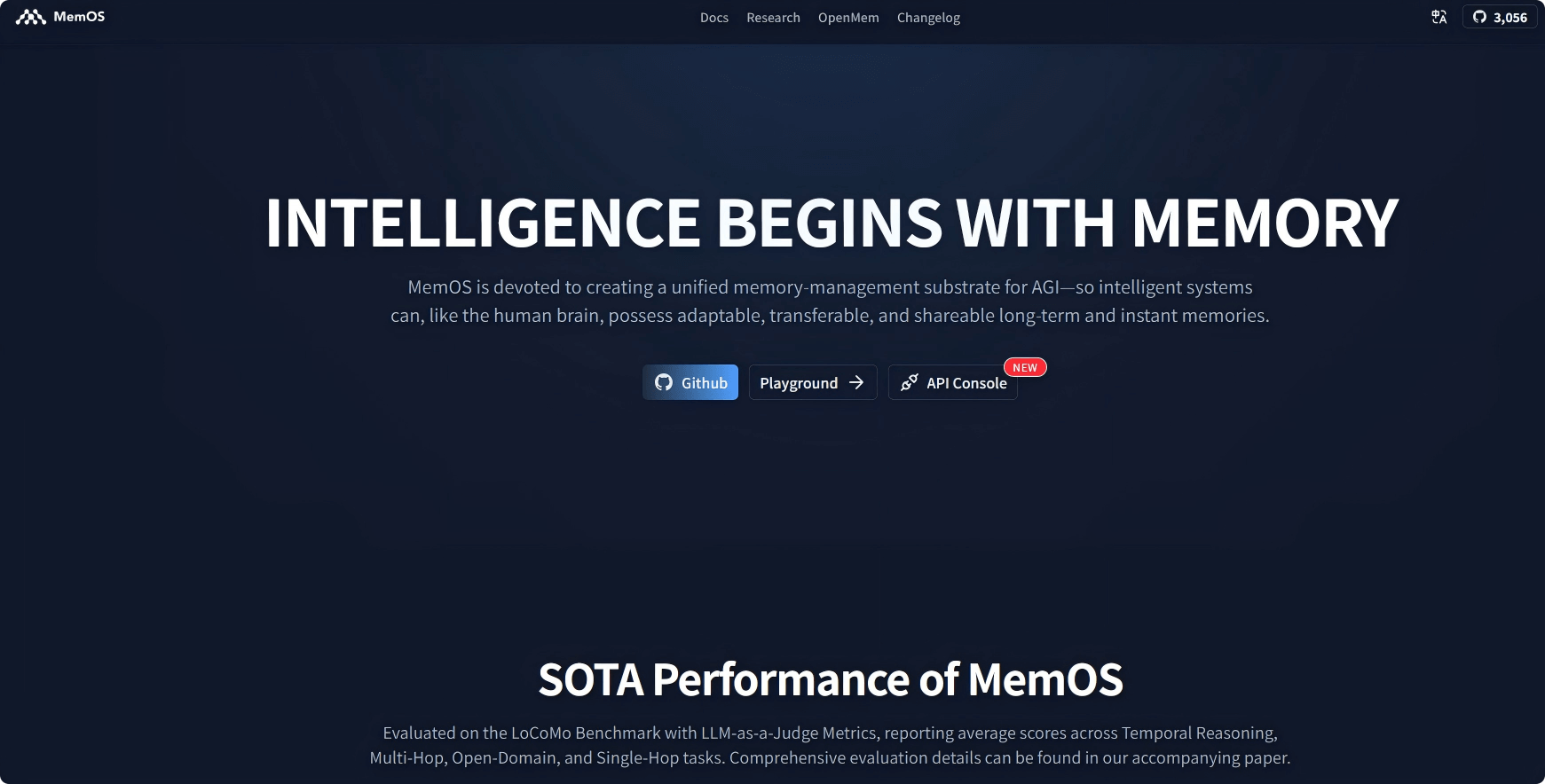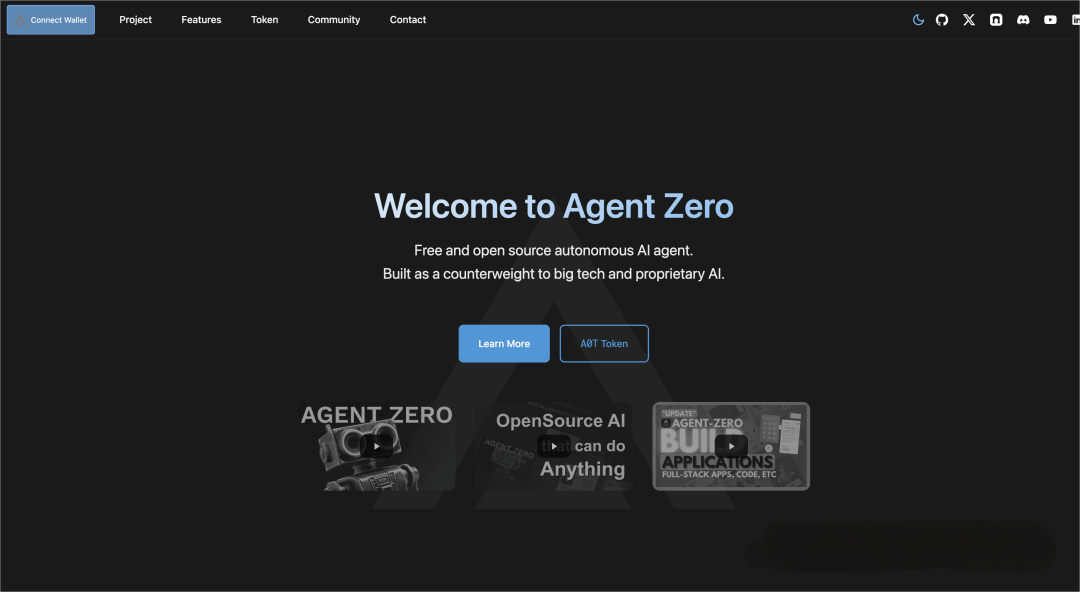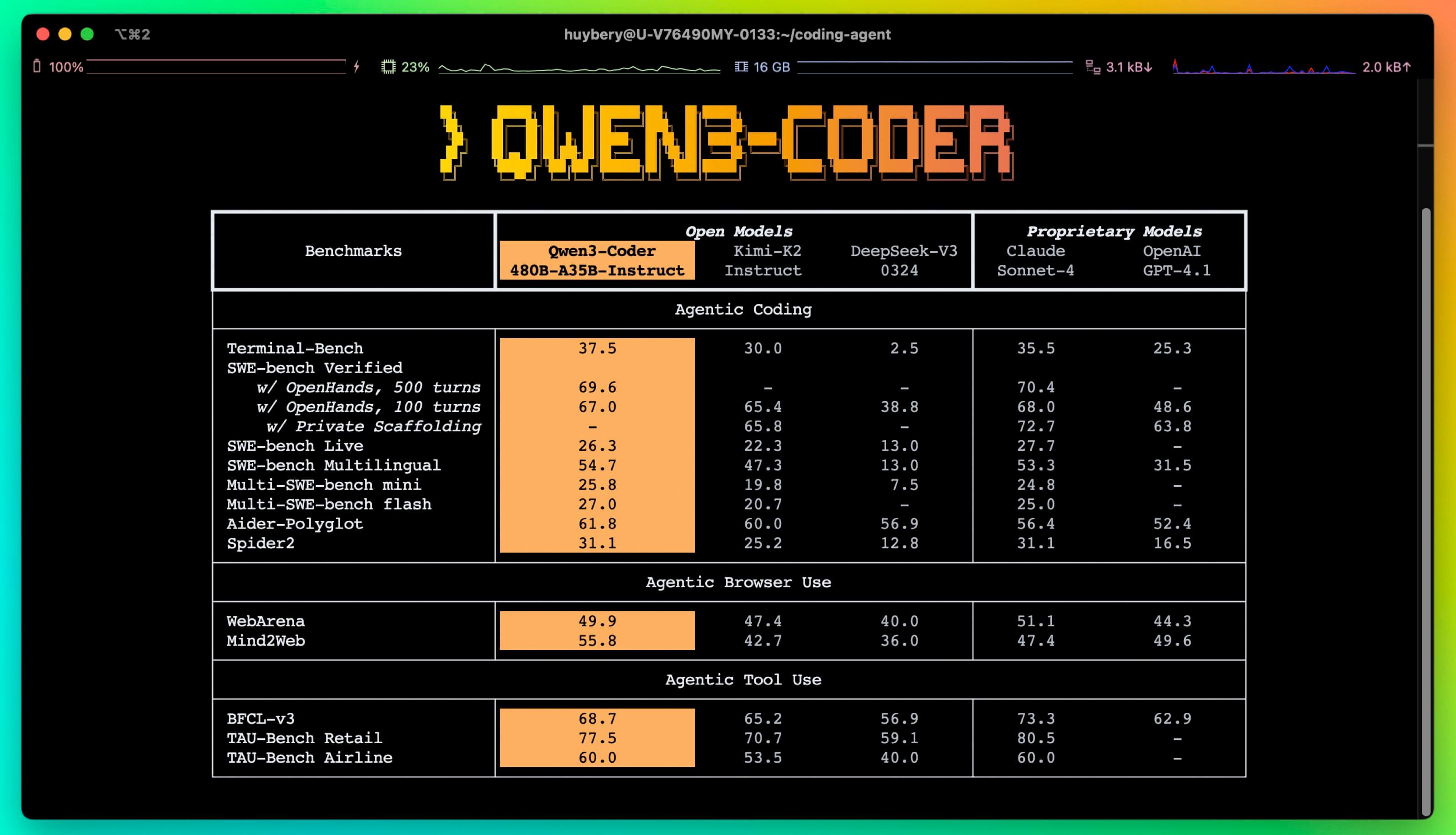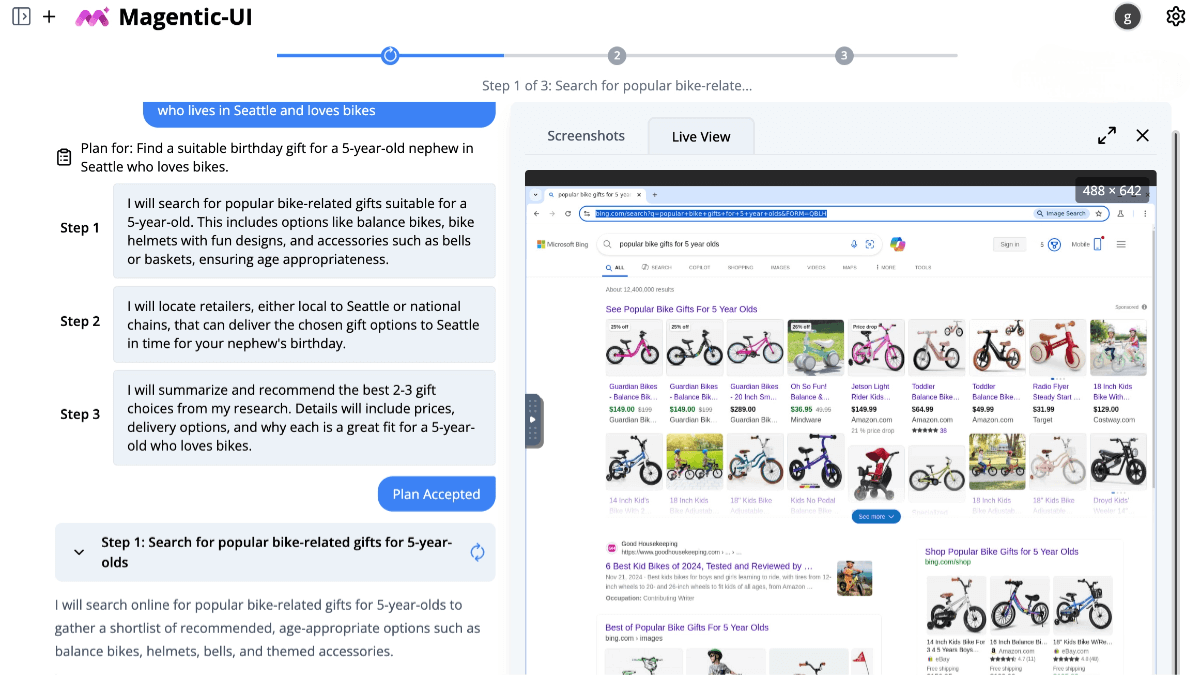MemOS – An open-source AI memory management platform that supports multiple types of memory
What is MemOS?
MemOS is an open-source AI memory management operating system that provides long-term memory capabilities for agents and AI applications. Through a unified memory abstraction layer, MemOS supports multiple memory types—including text memory, activation memory, and parameter memory—while offering features such as dynamic knowledge graphs, memory scheduling, and lifecycle management. MemOS enables AI systems to remember past user information and proactively retrieve relevant memories in future interactions, creating more coherent and personalized conversational experiences. With its powerful memory scheduling and storage mechanisms, MemOS overcomes limitations of traditional RAG and is suitable for personalized assistants, team knowledge bases, and many other scenarios.

Key Features of MemOS
Long-term memory storage:
MemOS provides multiple memory types—text memory, activation memory, and parameter memory—combined with dynamic knowledge graphs for structured, long-lasting, and deeply associated memory storage.
Memory scheduling and management:
With predictive scheduling, holistic scheduling, and asynchronous advanced retrieval, MemOS enables fast, context-aware memory access and improves response efficiency.
Memory lifecycle management:
MemOS offers unified interfaces for saving, updating, migrating, and rolling back memories, ensuring continuity and consistency across the system.
Personalization and coherence:
By remembering user habits and preferences, MemOS delivers personalized conversations. Memory persists across sessions and applications, ensuring coherent long-term interaction.
Open extensibility:
MemOS provides flexible APIs that integrate easily with existing frameworks. Developers can customize memory modules and data sources to meet diverse application needs.
Multi-scenario support:
The system supports personalized assistants, team knowledge bases, household assistants, and more. It can also be extended into AI calendars, intelligent writing assistants, and other applications.
Performance optimization:
With multi-layer memory scheduling and asynchronous retrieval, MemOS significantly improves memory access accuracy and performance, reducing hallucinations.
How to Use MemOS
Use the cloud platform API:
Visit the official MemOS website (https://memos.openmem.net/) to register an account and obtain an API key. You can quickly add memory capabilities to your application by calling the official API—no local deployment required.
Local deployment:
Clone the code from the MemOS GitHub repository (https://github.com/MemTensor/MemOS), install dependencies, and start the service to use all MemOS functionalities in a local environment—ideal for highly customized use cases.
Use the Python SDK:
Install the Python SDK via pip install MemoryOS, then integrate memory management functions in local or server-side environments through SDK-provided interfaces, enabling rapid development and testing.
Use MOS:
Configure MOS (Memory Operating System) to manage multiple MemCubes and achieve cross-module scheduling and unified memory management—suitable for multi-agent systems or complex architectures.
Download example code:
Run memos download_examples to download official sample code and configuration files, which help you quickly understand and experiment with MemOS features.
MemOS Project Links
-
Official Website: https://memos.openmem.net/
-
GitHub Repository: https://github.com/MemTensor/MemOS
-
arXiv Paper: https://arxiv.org/pdf/2507.03724
Application Scenarios of MemOS
Personalized assistants:
By remembering user preferences and habits, MemOS powers smarter personal assistants with improved interaction experiences.
Team knowledge bases:
It converts fragmented team conversations into structured knowledge repositories, improving collaboration and knowledge sharing.
Home assistant systems:
MemOS can store family routines and schedules to provide intelligent reminders and personalized suggestions.
Intelligent writing assistants:
By learning a user’s writing style and habits, it delivers personalized suggestions and content generation, improving writing efficiency.
AI calendar:
With memory-enabled event tracking and reminders—such as birthdays and anniversaries—MemOS brings a more thoughtful and proactive scheduling experience.
Related Posts




